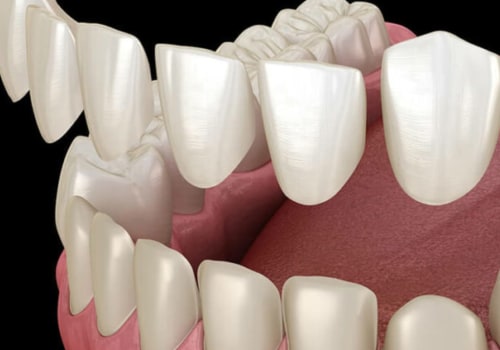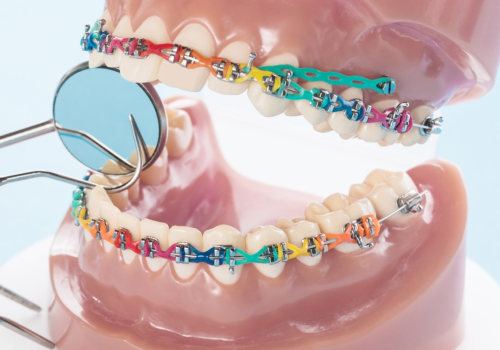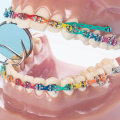Both orthodontists and dentists are essential for maintaining good oral health, but they specialize in different areas. Dentistry is a broad medical specialty that deals with the teeth, gums, nerves and the jaw, while orthodontics is a specialty of dentistry that focuses on correcting the bites, occlusion and straightness of the teeth. A dentist is a doctor trained to specialize in the teeth, gums, nerves, and jaw. Orthodontists are also dentists, but their specialty in dentistry focuses on correcting bites, occlusion, which is the way teeth come into contact with each other, and the straighteness of the teeth.
To understand the difference between dental care and orthodontics, it's important to note that not all dentists are orthodontists, but all orthodontists are dentists. General dentists are highly qualified professionals who care about the overall health, well-being, and beauty of your smile. Orthodontists are dentists who have received additional education to specialize in diagnosing, preventing, and correcting teeth and jaws that are out of position. Orthodontists in training will be tested on the theory of specialized orthodontics and gain valuable experience treating real patients in placement positions. If you've been given an orthodontic appliance and you need to repair it, your orthodontist can help.
After finishing dental school and taking the certification exam, orthodontists attend an orthodontic residency program for an additional 2 or 3 years to obtain a specialty certification in orthodontics. Both dentists and orthodontists are vitally important in helping to maintain strong oral health, better overall health and a better quality of life. While you may see dentists advertising orthodontic treatments, only a dental professional who has received appropriate training can be called an orthodontist. What this means in practice is that orthodontists offer treatments to correct crowded teeth, spaces between teeth, teeth that protrude, and jaws that don't align properly. Orthodontists must receive additional educational certification before they begin practicing. But what about orthodontists? What can they do for you? While both dentists and orthodontists help keep your mouth healthy, they do so in different ways. Orthodontists also often pursue a pre-dental or pre-medical specialization in their undergraduate degree before entering dental school. You may only see your orthodontist during orthodontic treatment, but you'll visit a trusted general dentist for life.
Orthodontists and dentists receive the same training initially, but orthodontists complete their training after graduating from dental school. So if you need dental treatment, should you call an orthodontist or dentist? If you have a toothache or suspect that you might have developed a cavity, see your general dentist for a diagnosis. Dentists and orthodontists are two types of doctors who have extensive practice diagnosing and treating oral health conditions. Certified orthodontists are trained to diagnose and treat oral health conditions of the teeth, gums, and mouth. If you're trying to remember the differences between dentists and orthodontists, remember that dentists will help you with general oral care, tooth decay and gum disease, as well as with procedures such as tooth extraction, crowns or root canals. In most cases, your dentist will recommend that you seek orthodontic care if needed or work collaboratively with an orthodontist who will provide the type of care you need if more specialized treatment is required.






